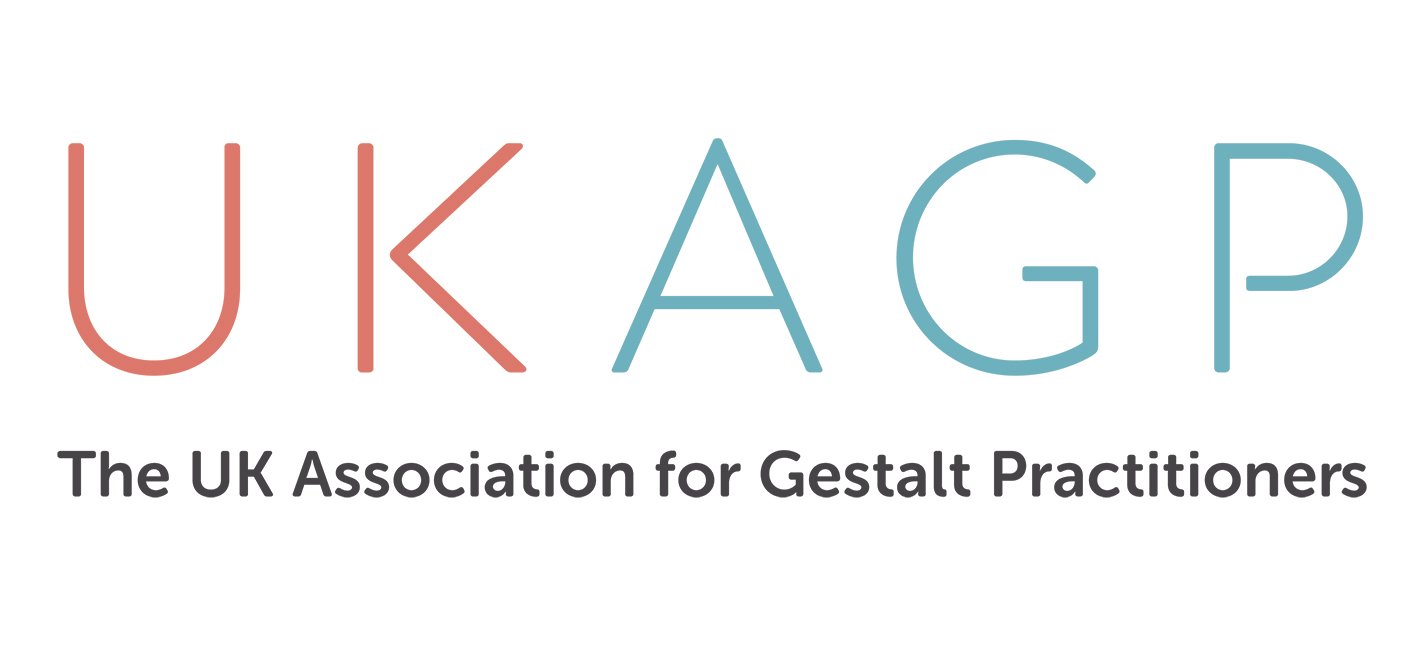UKAGP presents two workshops for trainers on antiracist practice, with psychologist, consultant and Gestalt practitioner Deborah Plummer, Ph.D
The seminars are for experienced and less experienced trainers of Gestalt therapy, counselling or coaching as well as those who want to train to become trainers.
We’re offering a £50 discount on combined attendance at both workshops, 7 hours of CPD for £100 UKAGP members / £120 non-members.
Deborah L. Plummer, PhD is Founder/Executive Director of Getting to We, Inc., a non-profit dedicated to helping people understand their shared, core identity as humans and relate to each other without fear. Through her non-profit, she creates DEIB Edutainment, competency-building learning experiences, and research-backed resources that create a better society for everyone.
As a psychologist, university professor, author, and international leader in the field of diversity and inclusion, Debbie brings her deeply humanist and Gestalt-trained skills to audiences and readers to examine themselves as social beings in relation to our programmed fear of “otherness.” Her work and writings introduce a relational model for managing differences that support the development of the competencies necessary to live authentically out of one’s core identity as a human being and master the challenges of diversity dynamics.
Debbie has held past roles as staff psychologist at Oberlin College, Professor of Psychology at Cleveland State University, Chief Diversity Officer at Cleveland Clinic, Vice Chancellor/Chief Diversity Officer at University of Massachusetts Chan Medical School, and Chief Diversity Officer, UMass Memorial Health Care System. She was the founding director of the master’s degree program in diversity management at Cleveland State University and had a clinical private practice for over 20 years. She was named by Becker’s Hospital Review as one of the Top 15 Chief Diversity Officers to Know and remains an adjunct professor in the Department of Population and Quantitative Health Sciences at UMass Chan Medical School.
As principal consultant for D.L. Plummer & Associates (DLPA), she has supported over 100 organizations in the U.S., Canada, U.K, and India. Throughout her career, she has developed several widely-used assessment tools: Diversity Inclusion Belonging Survey (DIBS), Diversity Engagement Survey (DES), Racial Identity Status Self-Assessment (RISSA) and Antiracist Style Indicator (ASI).
Her book, Some of My Friends Are...The Daunting Challenges and Untapped Benefits of Cross-Racial Friendships (Beacon Press) presents an insightful look at how cross-racial friendships work and fail within American society. Debbie is also the editor of the Handbook of Diversity Management (Rowman and Littlefield; Half Dozen Publications) and author of Racing Across the Lines: Changing Race Relations through Friendships (Pilgrim Press) which received the publisher’s Mayflower Award for best publication in the category of Church and Society. She has authored several book chapters and published numerous journal articles to the professional community on racial identity development, diversity metrics, and managing diverse work environments. She has published articles in Diversity Executive and the Boston Globe Magazine. Other publications include Advancing Inclusion: A Guide for Effective Diversity Council and Employee Resource Group Membership (Half Dozen Publications) and her essay, “The Girl from the Ghetto” was published in the anthology All the Women in My Family Sing (NBTT Publications). She currently writes essays for Medium publications, An Injustice! and Age of Awareness. Her play, To My White Friends Who Know Me, now on national tour, debuted at the historic Karamu House Theater to sold out audiences and rave reviews.
Debbie has served on numerous non-profit boards and currently serves on the Board of Directors of Facing History and Ourselves and Reflection Point. She lives in Cleveland, Ohio with her husband, Michael Bussey. In her next life, she plans to come back as either a master chef (think Ina Garten) or a singer, dancer, and entertainer (think Beyonce).

